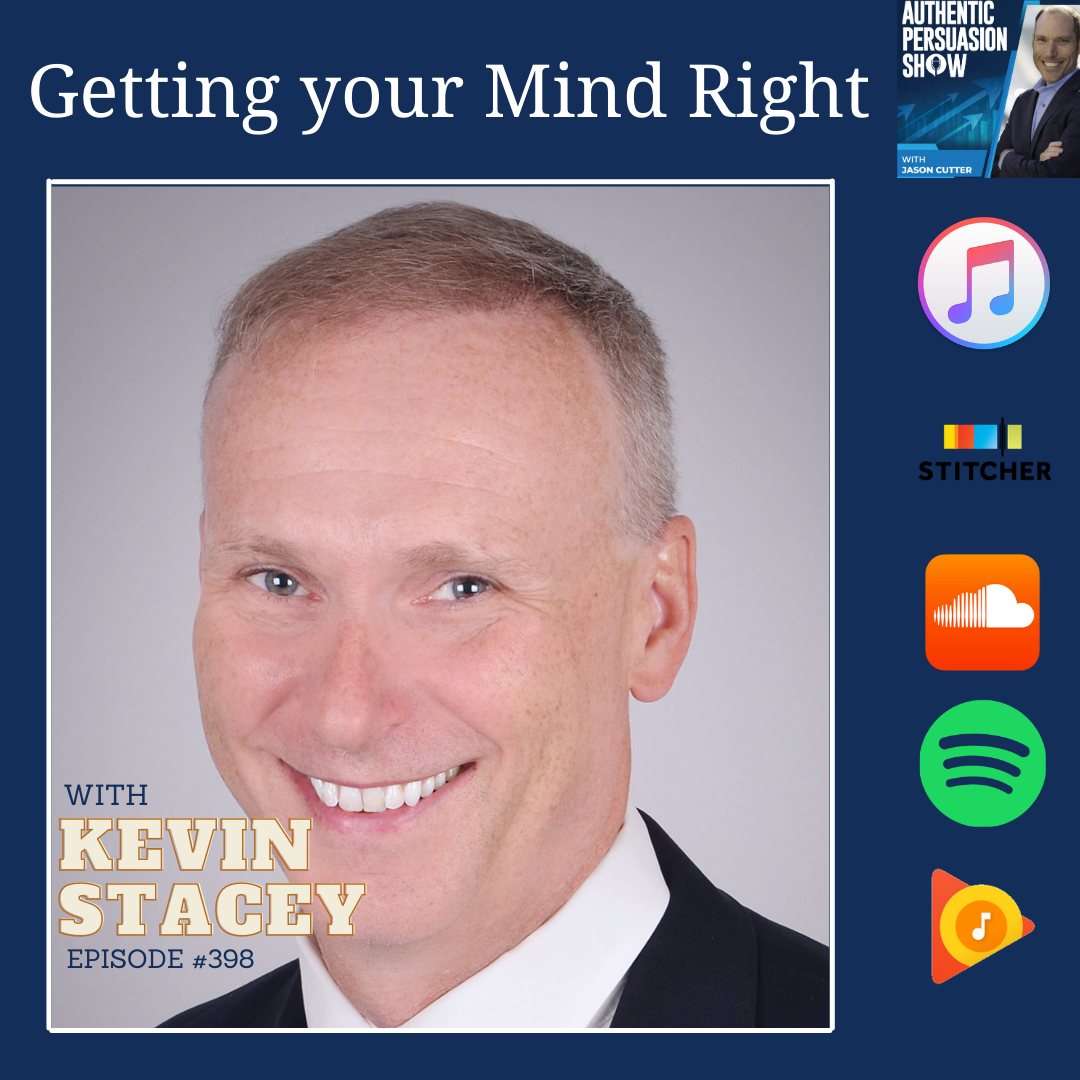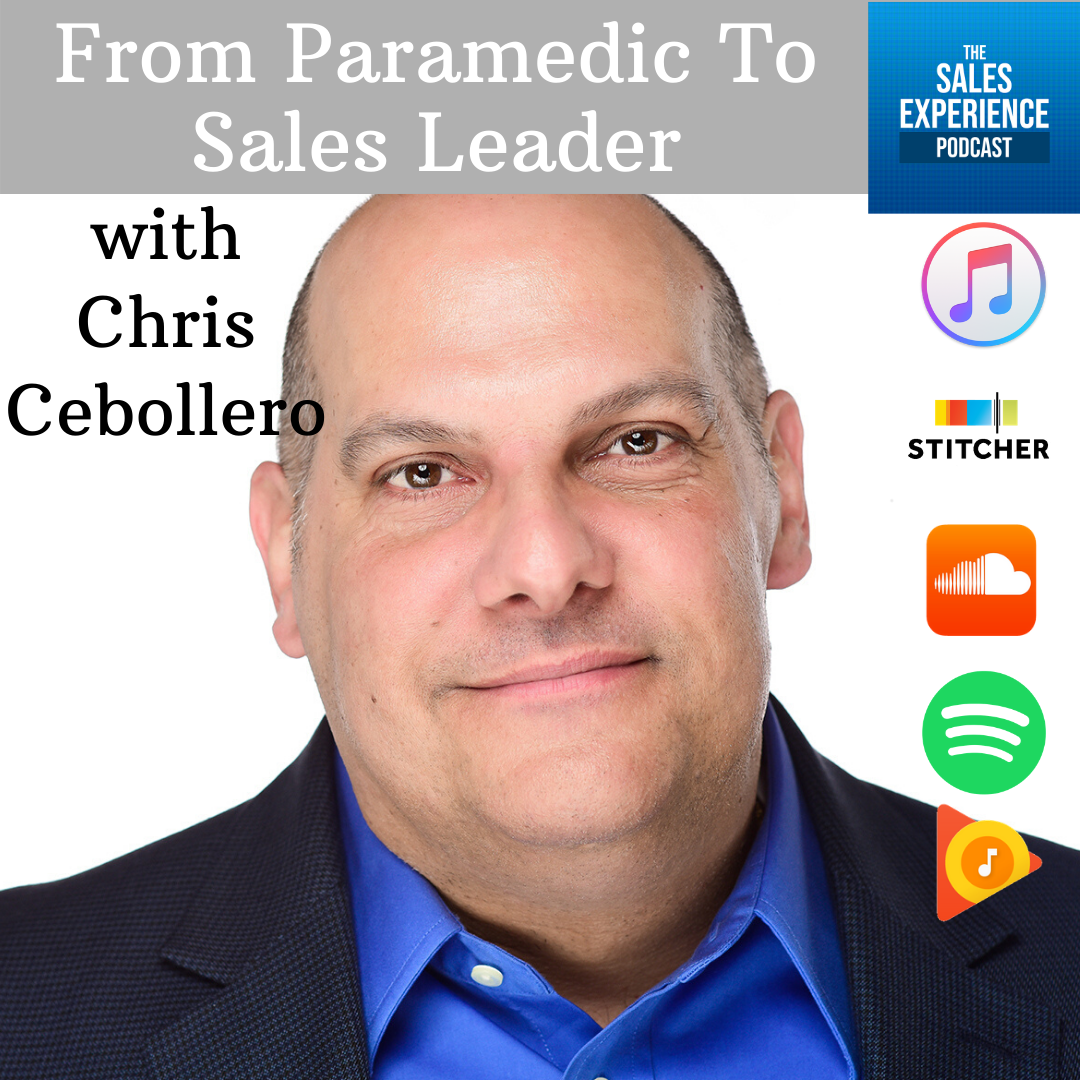Episode Transcript
[00:00:00] Speaker A: Welcome to the authentic persuasion show. On this episode I want to replay part of a previous show.
[00:00:05] Speaker B: Maybe you heard the original full length.
[00:00:07] Speaker A: Episode and this could be a great refresher and reminder. Or maybe this is your first time hearing this content and the timing could.
[00:00:13] Speaker B: Be just right to help you leverage.
[00:00:15] Speaker A: Authentic persuasion today in your role, no matter what. Here's to your success.
[00:00:21] Speaker B: This is the authentic persuasion show.
It.
Here's the big thing with trust. This is what we're going to cover today.
You cannot ask for trust. You cannot require trust. You cannot demand trust. You can't even force trust.
There's a formula for building trust and it's what we've covered so far. So if you're taking notes, make sure to write this down. Is rapport plus empathy equals trust.
And it sounds simple, right? Usually people think, I got to build trust, I got to do these things. But the act of getting someone to trust you and building that trust doesn't happen by doing trust or doing a trust step really what it is, it's about warming things up, right? Again, this is the part from Bob Berg that is very valuable, which is people. When all things are equal, people will buy from people they know like and trust. Right? So we want, no, we want like. And then the trust part, the rapport step, is that first part, that's where we're warming things up. We're breaking the ice, building the relationship and getting things moving forward. Then the second part is the empathy step, which we've covered now for two weeks. And the reason why I covered the empathy step is because we want them to know that we care about them. We're not just selling them like we would sell everyone else. We actually care and want them to succeed in some way. And of course, if we can help them, we're going to move them forward in the process and then help them buy in the act. What I have found, after seeing so many sales interactions with hundreds and hundreds of sales reps, is that when you do those steps, when you build rapport in the right way, which we covered in session seven, week seven, and then you do the empathy step in the right way where it's that intention of what you're going for on the authentic persuasion pathway. And again, we covered those the last two weeks. When you do those things, those two steps, in that order, in their completeness, whatever that looks like, then you will get trust out the back end. And what's interesting is that when you do that, it works really well. People feel like you care about them. They feel like they can trust you. And here's the big thing. And this is something that's sometimes hard for people in sales to realize, but is super important. Most people in sales are either taught or they feel like the best way to build trust is to come out of the gate and talk about all these things that would make you a trustworthy business or individual and show that you can be trusted. So what does that look like? Well, I call it the monologue, but it's the explanation about you, your company. It's the elevator pitch, it's the facts, the figures, it's the features, it's the benefits, it's the testimonials, it's the social proof. It's all of these things that if you think about it now that we're going through this pathway, if you've watched all of these and you're following along, if we look at what happens in most sales processes with salespeople that don't necessarily come across like they care about us, they come out of the gate with all of those things. Right? And the best example I can give, because this happens all the time, is like when I go to trade shows or conferences and I'm walking around the expo hall floor where there's booths and there's people in those booths and they're standing there and they're handing out different things that you may or may not need just to get your attention or to get you to remember them. And then what happens?
You walk up to their booth if you end up making eye contact with them? Sometimes I've worked enough booths where I see people who don't want to make eye contact because they just don't want to get roped into a conversation. That person that's standing in the booth just goes into their monologue presentation that they've done over and over again, right, where they're just talking about their product, their program, their service, their software, whatever it is themselves, their logos, their branding, maybe just instantly jumping into a demo or showing something on a tv or a PowerPoint or an iPad or whatever that looks like, and just instantly diving into the sales pitch and what they're going for. And that strategy is focused on me. Me as the salesperson. And if I say these things and I show you how amazing I am and we are as a business or a company, whatever that looks like, then you will want to buy. If I just do all those things, it will be amazing and you will be amazed and it will build trust and you'll go, wow, this is a great company. I want more information or maybe I want to sign up. And so that's what happens. Now, when you step back, once you get enlightened a little bit about the sales process and what works and what people actually like versus what's normally done, which are two different things, then you start to realize, like, that a can be a giant waste of time if you're not a good fit, right? Because they're just going into this monologue instead of pre qualifying and understanding if it's even worth telling you or not. And then the other part is that when that happens, it's tough to feel special. It's tough to feel like they actually care. Because really, when you step back and observe it, what comes across is they care about themselves. They care about themselves. Their product, their program, their amazingness, their logos, the companies they work with, their social proof, what other people say, their awards. And really it's about them talking about how amazing they are or how amazing they think they are and the great value they provide. And it's about them and not about you, the potential customer. And that's what we want to shift. That's what we want to get away from.
![[731] The Trust-Building Formula](https://episodes.castos.com/salesexperiencepodcast/images/1671056/c1a-4d8w-7n5o5vn1a75-ohwaav.png)


